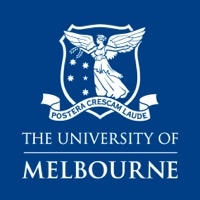From his homeland of Spain, to France where he spent much of his life, and then to the art of African and Oceanic cultures, Picasso had many cultural influences that inspired his practice. Hear Dr Jane Eckett contextualise this practice within a contemporary perspective.
Speaker
Jane Eckett is Postdoctoral Researcher and Teaching Associate in Art history at the University of Melbourne and Fellow with the Centre of Visual Art. Her work focuses on modernist sculpture, public art and memorials, diaspora art and émigré networks. Publications include Melbourne Modern: European Art and Design at RMIT since 1945(RMIT Gallery, 2019, co-edited with Harriet Edquist) and Centre Five: bridging the gap(McClelland Gallery, 2022, forthcoming).
This event is part of Saturday Series: The Many Layers of Picasso. Over four Saturdays, experts in art, culture and history from the University of Melbourne provide insights into the world of Picasso and his contemporaries.
